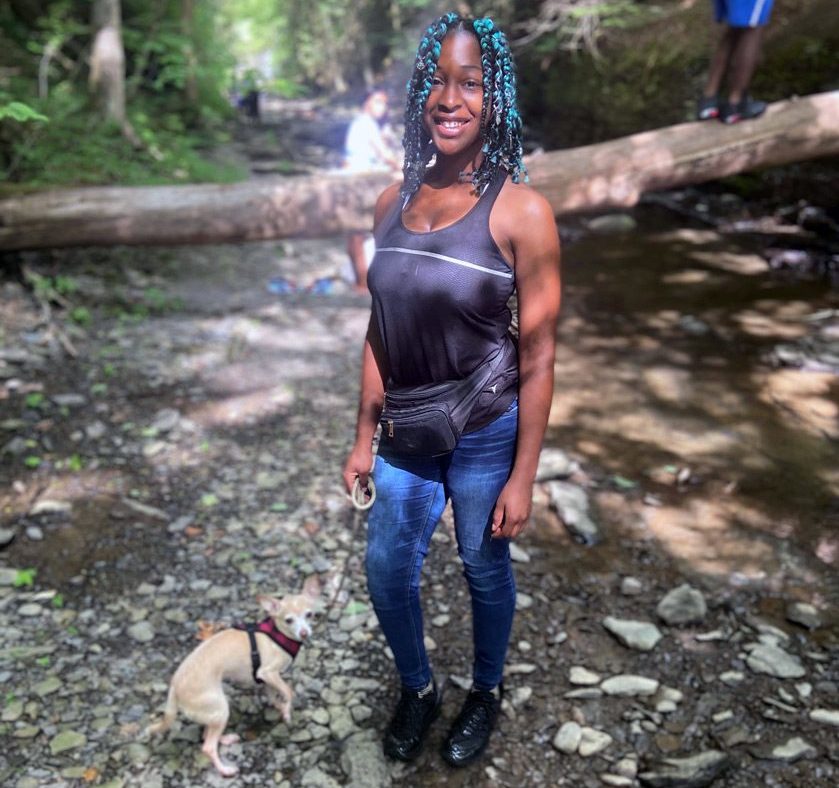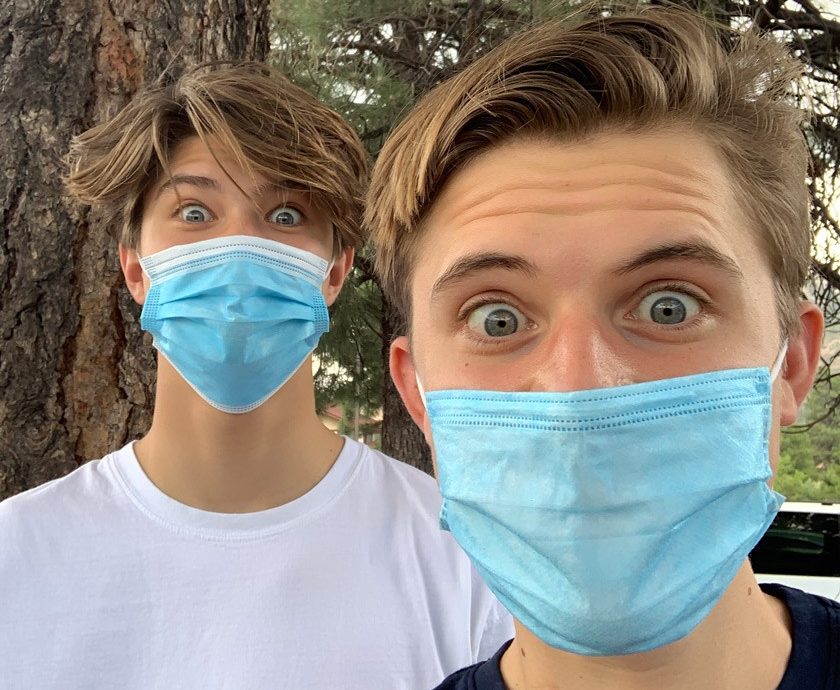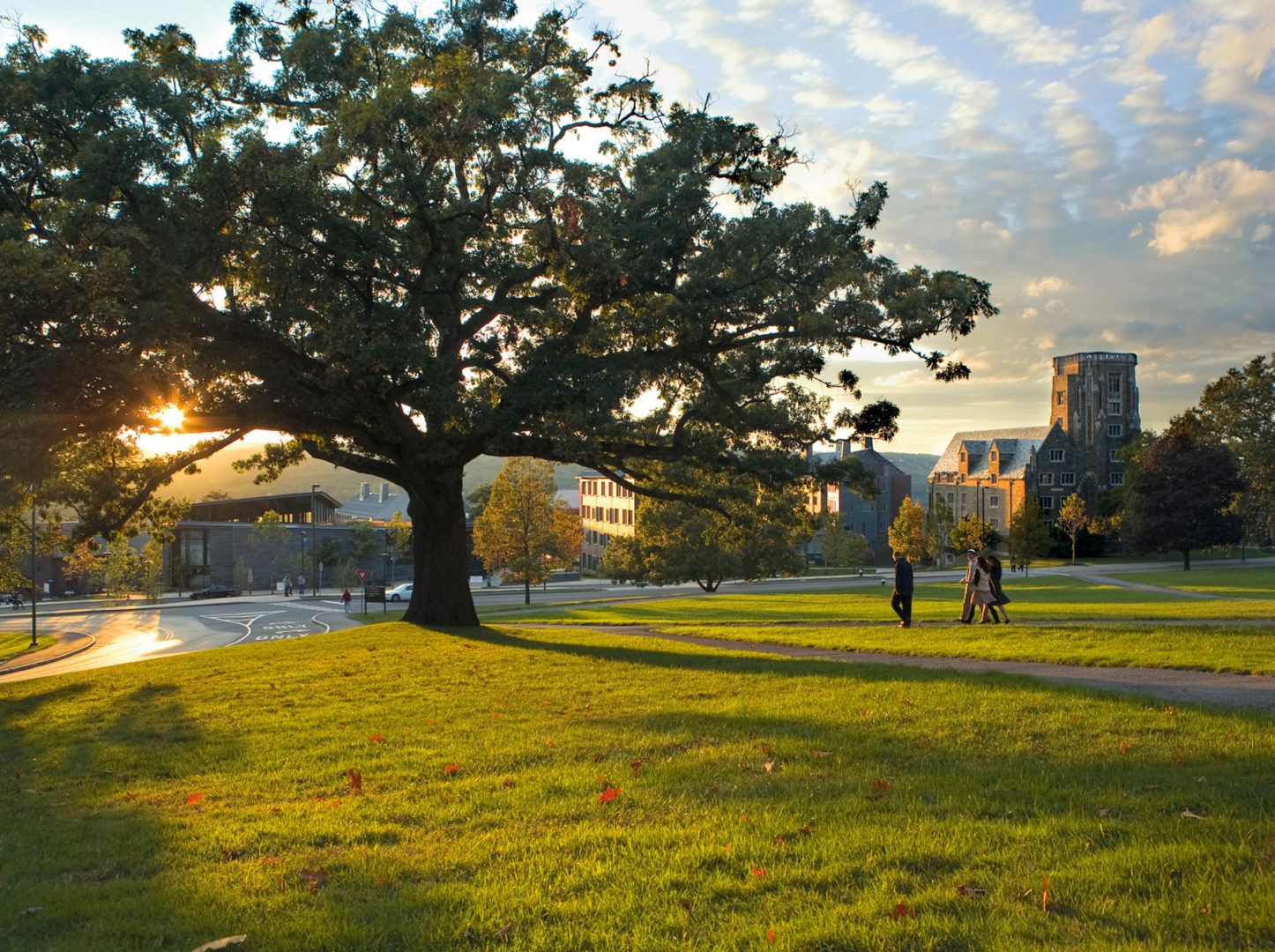As part of its reactivation planning process, Cornell reached out directly to students to gather their input and learn their preferences. More than 10,300 students responded to a survey asking how likely they would be to return to Ithaca—even if all fall courses were taught remotely.
Of the respondents, 75% of graduate students reported that they would be “somewhat” or “very likely” to return to Ithaca, and about 31% of undergraduates indicated that they would be “very likely” and 23% would be “somewhat likely” to return to Ithaca for the semester. According to the Committee on Teaching Reactivation report, “Thus, even if all fall courses are taught online, many students will still return to Ithaca.”
Cornell leadership reasoned that if all classes were offered remotely, the university would have limited ability to monitor the health status and behavior of the large population of students who chose to return to Ithaca. Yet if the campus reopened, Cornell could regularly test its students and implement behavioral guidelines designed to maintain the health of the entire community.
On June 30, Martha Pollack issued a statement announcing Cornell’s decision to reopen in the fall. “Our analyses show that the number of people infected and/or hospitalized is likely to be markedly lower if we have an in-person, residential semester with the aforementioned screening mechanisms than if we are purely online,” she wrote.
As many Cornell students prepare to return to Ithaca, we reached out to several of them to see how they’re feeling about the upcoming semester. Most expressed cautious optimism and the hope that protocols Cornell has put in place will be successful.
Were you surprised that Cornell is welcoming students back to campus in the fall?
Grayson Rosenberg ’23

“I was actually quite surprised that we opened up initially. But looking back on the factors that the administration has to take into consideration, it makes a lot of sense now. I think following the logic of ‘many students will be going up to Ithaca regardless, so we might as well make sure they’re contained and have more guidelines’ is a very smart way of thinking. While this approach might not work at other schools for a multitude of reasons, I think it will be successful for us—if people actually follow the rules.
I think it will work at Cornell above other schools because of the location of the school. With a designated college town and Ithaca being kind of the middle of nowhere, students are distanced from cities with many cases of COVID-19, which is good. Ithaca’s remote location also makes it harder for students to leave campus and go into big cities of their own volition. If our school was in Boston, it would be much more of an issue to keep students on campus.
I am thrilled we are opening back up. At this point, I’m just looking forward to interacting with people in any capacity. I’ve barely seen people outside of my immediate family for the last six months, so I can’t wait to live in a sorority house with a bunch of people and have in-person classes as much as possible, because Zoom classes are very difficult. Safe human interaction is a big draw at this point.”
How are you feeling about returning to Cornell in the fall?
Kennedy Jean-Baptiste ’21

“I know that this semester will not be like any of my semesters in the past. I imagine it will be less fun, as social events will be remote and probably less frequent than they used to be. The weekly testing will be obnoxious, but I understand they are trying to be as safe as you can be when 14,000 students from all over the world are brought to the same location in the midst of a global pandemic.
Still, I am not upset to be returning to Cornell, as I did not enjoy having online classes at all and felt that I would rather take a semester off than have a fully online semester. I study animal science, and I found it difficult to focus during online classes.
I am most looking forward to seeing people again. The quarantine has been very lonely for me and others who live alone. I never went home and have been living solely in my apartment in Ithaca since last August. Rent in Ithaca was not frozen, so I needed to work during the pandemic to pay my rent, and my job did not go remote. Especially with this being my senior year, I really want to be able to spend it with all of my friends.”
What is the most challenging aspect of returning to campus for you?
Jack Nichols ’22

“Although the changes to campus life due to COVID-19 are far from ideal, knowing that I am in the same boat facing this pandemic as the entire student body—and world—offers a sense of hope and unity.
That said, I’m worried about how the new guidelines will shift the sense of community and the way students socialize. If students are fearful as they move around campus, I worry that making new friends and connections will be more challenging, making daily life feel more isolated. My hope is that students will not only be responsible in following Cornell’s health guidelines, but will also remain open to reaching out to each other, bringing our college community together (just not closer than six feet!).
I’m hopeful that the dining halls’ reservation system will still allow me to connect with friends over meals, and I hope that classes will remain supportive environments for discussion, even while wearing masks. I imagine that small gatherings of students will be possible in outdoor spaces, such as Libe Slope or the Arts Quad.”
Where are you coming from and will you have to quarantine when you arrive in Ithaca? If so, how will you manage this?
Kalil Allon ’22

“I will be returning to New York after working on wind-farms around Texas this summer. For the past six years I’ve worked as a rope access technician, focusing on wind turbines. Basically, I do any task that is hard to reach or can’t be done standing up. This job has taken me all over the U.S. and has provided me with lots of time to travel.
I’m majoring in civil engineering and am transferring to begin my first semester at Cornell this fall. To come up with a proper quarantine plan for when I leave Texas involved a coordination between Cornell Health, my employer’s safety department, and the New York State COVID information call center. I will be getting tested prior to leaving Texas, then drive to Troy, New York, quarantine for 14 days, and then get tested again. I will also be getting tested once I arrive in Ithaca at the end of August.
I’m planning on catching up on some rest and reading while in quarantine—after working 80-90 hours a week for the past three months.”
Where will you be living in the fall? Did your living situation change because of the pandemic?
Ashlyn Koh ’21

“I will be staying in Hong Kong this coming semester. In light of the pandemic and tumultuous geo-politics that have led to sudden and irrational geo-political directives, my family and I have decided that as an international student, the safest decision for me was to remain in Hong Kong despite having already paid for housing in Ithaca.
Although I will not be in Ithaca this fall, I am quite anxious to see how the Cornell community will adjust to the new physical distancing rules and hybrid program. I know that many are extremely eager to return to the Ithaca campus, but the unpredictability of the virus is still undeniable. With such a diverse student and faculty population, I hope that everyone stays mindful of the virus and mindful of those who may be or have family who are particularly vulnerable to the virus.
My hope is to return to Ithaca in spring 2021, as it will be my last semester as an undergraduate at Cornell. For that to happen, I hope that during my semester away, professors, faculty, and—most importantly—my peers will find a way to adjust to the new norms of this pandemic to ensure that Cornell can maintain a safe, health-conscious, and considerate campus. I have been so thankful for the work that the university has done to support its international community over the past few months. I hope we all can navigate this unprecedented semester and time ahead.”
How do you feel about Cornell’s plans for reopening?
Sebastian Guo ’23

“Since Ithaca is a pretty isolated area, I think having an in-person fall semester is something that Cornell is able to achieve with proper planning and testing—as long as the Ithaca community stays vigilant and follows safety guidelines.
I will be living on campus in a double. I don’t think anything will be different in my living situation, but it will be interesting to see how Cornell manages to enforce social distancing inside dorms (for example, with bathrooms and lounge spaces).
I definitely have mixed feelings about returning to Cornell. On one hand, I am excited to get back on campus, see friends, and try to return to a sense of normalcy. But the coronavirus will be on my mind at all times, which will make me cautious about spending too much time with others and will probably affect my overall college experience. However, I realize that I shouldn’t be completely paralyzed by the virus and make an effort to take advantage of an in-person semester, while keeping myself safe.”
If you had a crystal ball, what do you think will happen this fall once campus reopens?
Jocelyn Cubstead ’21

“Obviously, no one knows what’s going to happen this semester. I’m really excited about the opportunities for creativity, as the previous norms will be impossible. Personally, I have to figure out how my improv group, The Whistling Shrimp, will do auditions, practice, and hopefully perform in some capacity. I don’t know what that’ll look like right now, but I’m excited to see what we come up with. I can’t wait to see how social life will exist and how college students will find ways to keep being college students.
2020 has proven that trying to guess what life will look like in a month is a fruitless task. However, I think Cornell has made their decision and will have to stick with it. Sending everyone home halfway through the semester is not going to be possible this time for a couple of reasons:
- They’d lose so much money and I know they don’t want to do that.
- If Ithaca has a major outbreak, sending students home would cause a massive risk to their home communities, potentially causing massive spikes in other parts of the country.
- For a lot of students, Cornell is going to be significantly safer than their hometowns. Many states are refusing to take this disease seriously, protesting wearing masks and social distancing. To force students to return to an unsafe environment is to turn our backs on them.
If this happens, we as Cornell’s community will have failed to create an environment where we can learn safely. So, we have to make sure that we are all wearing masks, that we’re washing our hands, and that we are being considerate human beings. When the semester starts, all on-campus students will be a part of their own, isolated community. It will be our responsibility to take care of each other to make sure we get through this as seamlessly as possible.”



